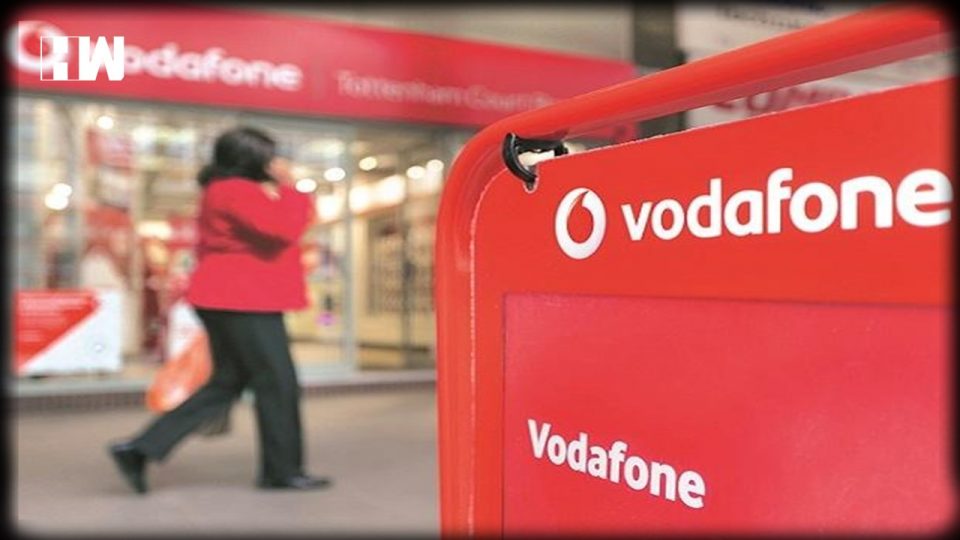This retrospective amendment of the tax law, neutralised the Supreme Court judgement in favour of Vodafone and a fresh tax demand of Rs. 14200 crores was served on it by the tax authorities.
It was in 2007 that Vodafone Netherlands (Vodafone) bought the Indian mobile telephony assets of Hutchinson Essar India, in an entirely overseas deal, beyond the jurisdiction of the Indian tax law, as it then was. Vodafone acquired a Cayman Islands company for $ 10.90 bn and thus acquired a 67% stake in an Indian telecom entity (now called Vodafone Idea). It was an overseas deal and was then not liable to pay any tax in India, on the resultant capital gains. The Indian Tax Department cried foul and alleged that the transaction evaded tax in India and slapped Vodafone with an initial income tax demand of Rs. 8000 crs, which has now ballooned to Rs. 22100 crs. It triggered a round of fierce litigation, with the Supreme Court ruling in Vodafone’s favour in January 2012, uploading its contention that the $ 11 bn overseas transaction was not taxable in India. Not willing to concede defeat, in a blatant show of political arrogance and vengeance in March 2012, the then Finance Minister, Late Shri Pranab Mukerjee, got the Parliament to amend the Indian Income Tax Act, with retrospective effect from 1961. This retrospective amendment of the tax law, neutralised the Supreme Court judgement in favour of Vodafone and a fresh tax demand of Rs. 14200 crores was served on it by the tax authorities.
With courts in India, no longer able to give respite/justice to Vodafone, against the high handed and unworthy actions of the government, which were rightly termed as ‘tax terrorism’. Vodafone went for international arbitration in 2014, claiming that such retrospective tax amendment and the resultant tax demand, was a violation of the India Netherlands Bilateral Investment Treaty (BIT). Though the venue of the hearings was the Permanent Court of Arbitration at The Hague, the seat/jurisdiction thereof was Singapore. In a unanimous decision on Friday, the Arbitration Tribunal, upheld the contentions of Vodafone. It said that the retrospective amendment tax demand on Vodafone, was a breach of the fair and equitable treatment clause under the said BIT. The arbitration award categorically states that Vodafone is entitled to a fair and equitable treatment in respect of its telecom business in India and the tax demand violates it. Even the Indian government’s nominee on the Arbitration Tribunal did not rule in India’s favour making it a unanimous decision against the Indian government.
This arbitration award, is just yet another milestone in the unending litigation, which the government is in no mood to give up, despite the fact that the BJP, then in the Opposition in 2012, was severely critical of the UPA government’s action and as the Finance Minister in July 2014, Late Shri Arun Jaitley had said that the government does not favour retrospective amendments to create tax demands. A finality in this tainted chapter is possible only if the government wishes to do so, because otherwise, further non-stop litigation will go on. The government can file an appeal in the High Court of Singapore, challenging the arbitration award and can also vehemently oppose it, when Vodafone is required to approach Indian Courts, seeking enforcement of the arbitration award. It looks that the government is determined to litigate further, since it has earlier made its mind clear by saying that an international tribunal cannot have jurisdiction over an issue legislated by the Indian Parliament.
The fact is that it is the unwillingness of the government to accept and respect a Supreme Court order that has resulted in the retrospective tax amendment. The irony is that while the government has managed to collect a paltry Rs. 45 crores from Vodafone towards this disputed tax demand, it has given it an enormous amount of bad name. It got our tax laws yet another infamous tag of terror tax, apart from the existing ones of being fickle, unstable, arbitrary and unpredictable. The government should accept this arbitration award and end this shameful chapter which should have never taken place in the first instance. If India wants to repair its reputation and attract the badly needed FDI then the government should now honourably close this chapter and make a fresh start. To attract investments, reputation matters and so does honour, both of which have been eroded and must be restored by the government. Actions speak louder than words. What a closure of the case will do to convince investors, no amount of other assurances will do, which the government seems to want to do at present.
As an independent media platform, we do not take advertisements from governments and corporate houses. It is you, our readers, who have supported us on our journey to do honest and unbiased journalism. Please contribute, so that we can continue to do the same in future.

